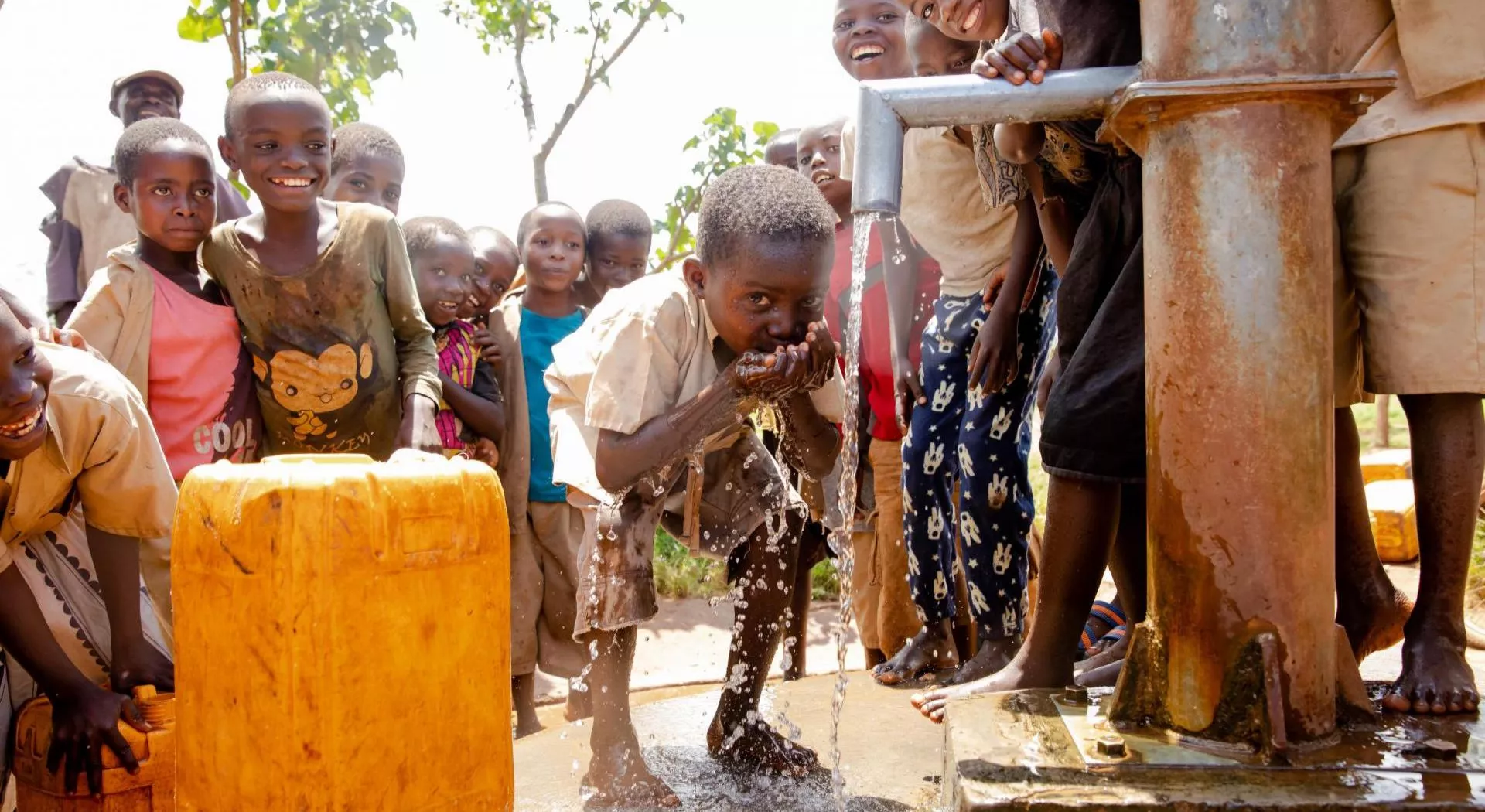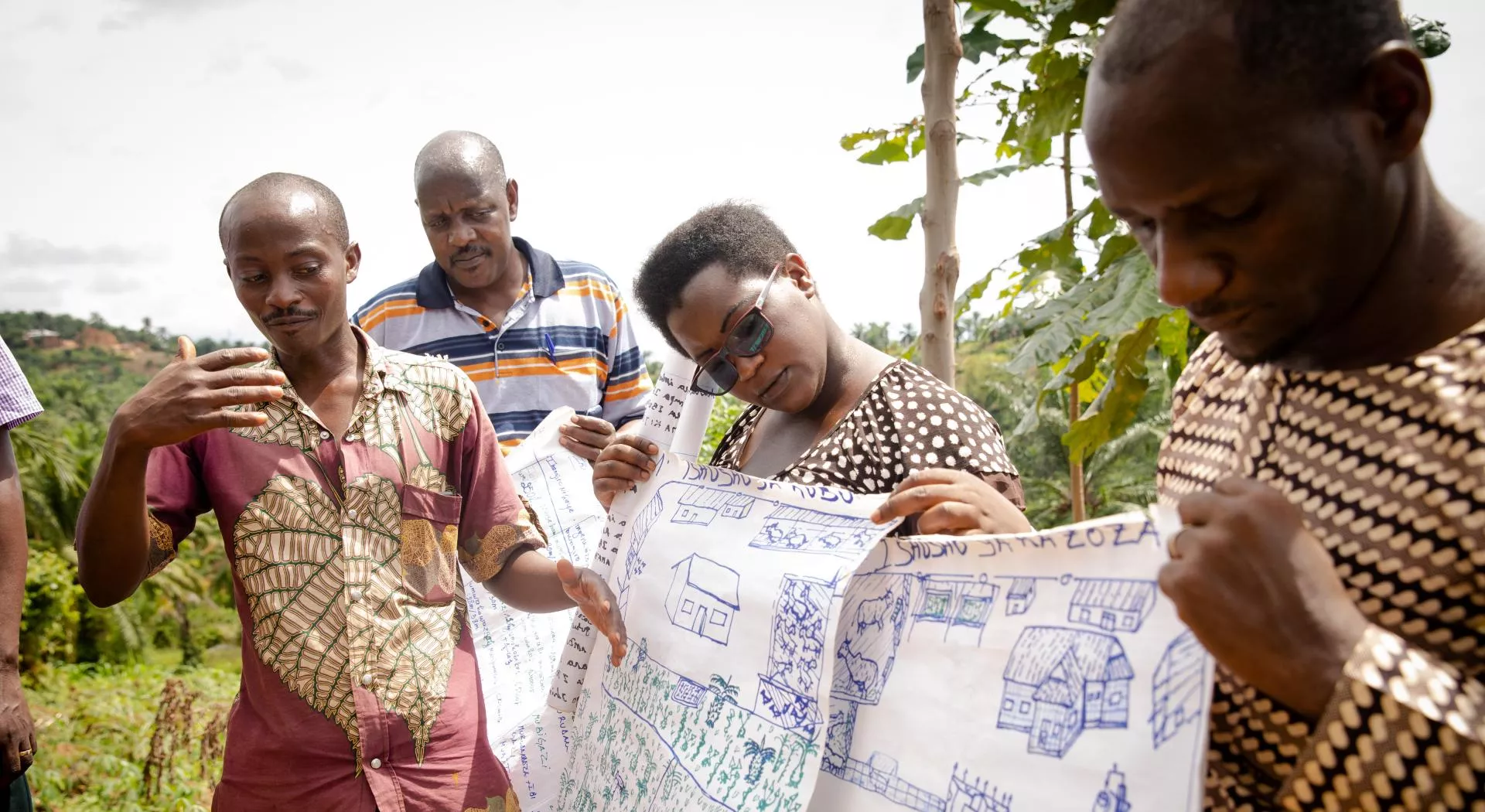In Burundi, ZOA works with conflict and natural disaster affected populations in Makamba, Cibitoke and Rumonge. We target especially vulnerable farmer households and youth. Through our integrated approach, we support vulnerable people who are struggling to survive. We are active in the field of peacebuilding (especially land rights), food security and livelihoods and WASH.
Promoting peace and stability
Since 2014, ZOA has been implementing land tenure registration projects in all 6 districts of Makamba province. Our objective is to secure land ownership and reduce the number of conflicts arising around land. We established six district land registration offices, through which around 176,000 land parcels were registered. During the same period, around 19,500 land conflicts were resolved. We are currently implementing a land tenure registration project in Nyanza-Lac district, funded by RVO (Dutch government). During the past decade, a high number of Burundian refugees returned to this district of Makamba province. The level of land conflicts in Nyanza-Lac district is also very high.
Our land tenure registration projects pay special attention to women’s land rights, as they are the backbone of households and farms. Since land conflicts are a severe threat to insecurity in Burundi, our local partner MiPAREC trains local village structures Commissions de Reconnaissance Collinaire (CRCs) in land conflict mediation. These CRCs are specifically mandated by Burundian land law to resolve disputes between landowners. On village level peace committees have been created and trained to make conflict mediation accessible for the most vulnerable. These peace committees represent different social groups and do not ask anything in return for their services. Their approach is to always look for reconciliation between different parties in conflict, so that no grievances remain.


